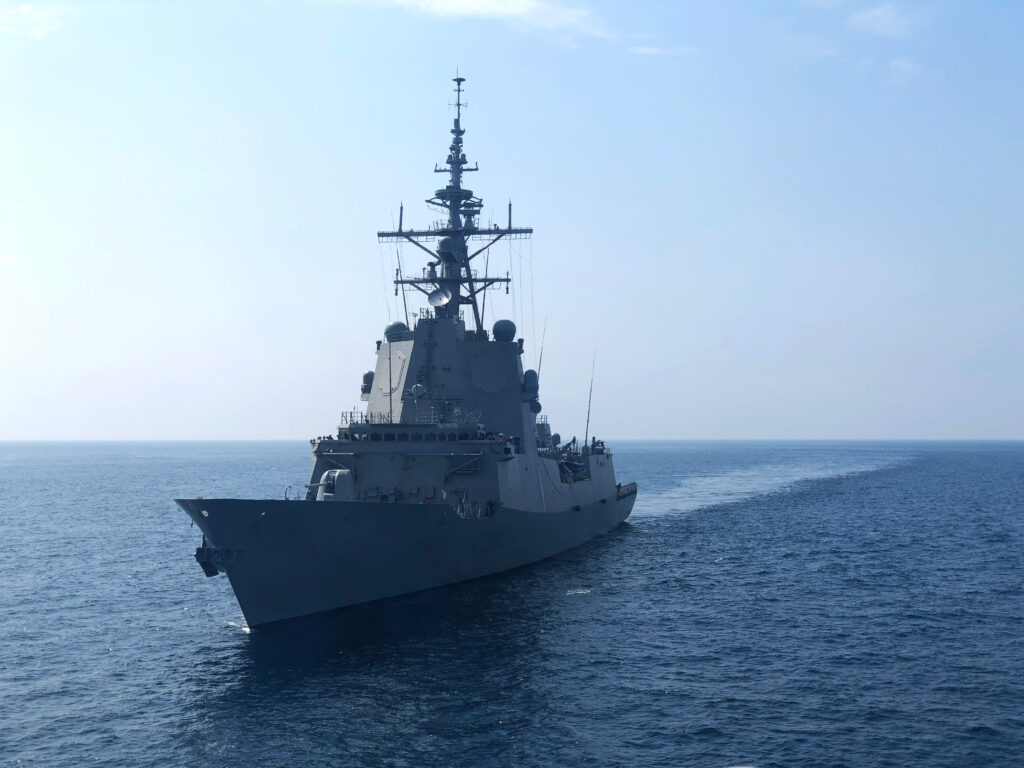Germany has committed to a stronger role in NATO. This comes as security concerns shift due to growing threats from Russia and changing priorities from the United States. At a NATO ceremony in Brussels, German President Frank-Walter Steinmeier emphasized Germany’s role in addressing these challenges. As the U.S. shifts focus away from Europe, NATO members are questioning the alliance’s defense capabilities, particularly in Europe. Germany is ready to step up, with plans to enhance military readiness and defense infrastructure.
Germany’s Historical Role in NATO and Current Security Challenges
Germany’s connection to NATO dates back to 1955, when West Germany joined for protection against Soviet forces during the Cold War. Today, Germany faces new challenges, especially the growing threat from Russia and changing U.S. priorities. NATO, formed in 1949 to counter Soviet aggression, now faces a wider range of threats. These include cyber attacks, non-state actors, and regional instability.
President Steinmeier stressed Germany’s responsibility in the alliance. He said, “With Putin’s war raging and U.S. pressure mounting, Germany holds a crucial role.” Germany is committed to strengthening NATO’s defense capabilities and securing Europe.
U.S. Shifts Focus, Leaving Europe in Uncertainty
European NATO members voiced concern after U.S. Defense Secretary Pete Hegseth’s remarks in February. He stated that the U.S. would shift its defense priorities to focus on China and securing its own borders. This shift might leave Europe vulnerable. Germany, in particular, relies on U.S. support to deter Russian aggression.
Although no formal announcements have been made about U.S. troop withdrawals from Europe, the uncertainty has raised concerns. NATO members, especially Germany, are rethinking their defense strategies and reliance on U.S. military presence in the region.
Germany’s Commitment to Defense Spending and Military Upgrades
Germany’s government has responded by committing to increase defense spending. The new coalition plans to ease debt rules to allow for stronger investments in military capabilities. A key initiative is the €100 billion fund set up by the outgoing government. This fund aims to modernize Germany’s armed forces and help meet NATO’s defense spending targets.
NATO members are expected to spend at least 3% of GDP on defense, with discussions set for June. Steinmeier stressed that Germany’s military and infrastructure would play a central role in European defense. He stated, “We will make Germany’s military and infrastructure the backbone of European conventional defense.” This marks a shift as Germany strengthens NATO’s eastern defenses against Russian threats.
NATO’s Expanded Role in Defending Democracy
Steinmeier also highlighted NATO’s broader mission. He stated that the alliance must defend not just against military threats but also against external and internal challenges to democratic values. “We must protect these values, under attack from outside forces and internal threats alike,” he said. NATO’s role today is about more than border defense. It’s about safeguarding democracy and the rule of law, which are under pressure from authoritarian regimes and internal divisions.
Steinmeier called on NATO members to act with foresight, as their predecessors did when West Germany joined NATO in 1955. He noted that future challenges are likely to be unpredictable, requiring unity and quick responses from member nations.
Looking Ahead: Germany’s Key Role in NATO’s Future
As NATO adjusts to new defense priorities, Germany is ready to play a vital role. Germany’s renewed commitment to defense spending and military modernization reflects Europe’s broader effort to keep NATO at the center of global security. With shifting U.S. priorities and a resurgent Russia, European unity and strength within NATO have never been more important.
Germany’s actions in the coming years will shape NATO’s future. As global threats evolve, NATO must remain adaptable. Germany will be key in defending European security and the values of democracy and stability.
A Stronger, More Resilient NATO
Germany’s commitment to NATO is crucial for the alliance’s ability to meet future security challenges. As the U.S. shifts focus, Europe must step up. Germany’s investment in military modernization and leadership within NATO will be essential for the alliance’s effectiveness.
As NATO faces an increasingly complex global security environment, Germany’s strengthened military and political commitment will ensure the European pillar remains strong. Germany’s proactive role in NATO is vital for maintaining peace and stability in Europe and beyond. Its leadership will shape NATO’s future in the years ahead.
